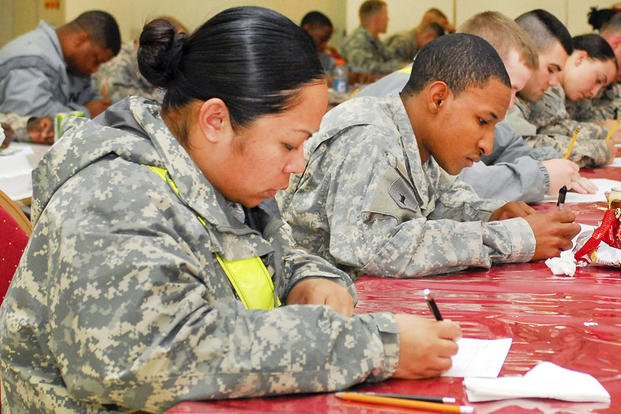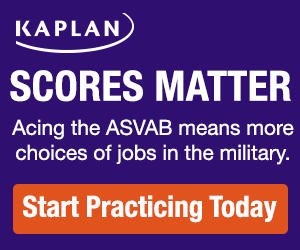Just as we can break down everything into cells and atoms, we can break down language into words. If you don't understand the words in front of you, there's less chance you'll handle the bigger stuff, such as sentences and paragraphs.
There's nothing fancy about improving your word knowledge; it all comes down to expanding your vocabulary. Get in the habit of reading as much as possible. Most experts say that it's best to practice by reading material that is slightly more difficult than what would be an "easy" read for you. That way, you'll come across new words to learn, but you won't be lost completely as you read.
It's one thing to come across a word you don't recognize and look it up in the dictionary. What's more important is to keep it in memory. Imagine yourself as a vacuum cleaner, sucking up words left and right, and holding onto them. When you learn a word, get in the habit of remembering the following three things about it:
- Spelling
- Meaning
- Example
So for instance, take the word "pithy:"
- Spelling: pithy
- Meaning: short, to the point
- Example: "His pithy speech only took a few minutes."
Build Your Lists: Let's face it, some words are easier to remember than others. If you're having trouble remembering a word you've learned, write it down. Keep word lists and review them from time to time. It won't do you any good to learn new words if you're forgetting old ones at the same time.
Vocabulary Builders: One good way to pick up vocabulary is to read "vocabulary builder" books, or practice on vocabulary websites. Many of these guides also get into the "building blocks" that make up a word -- prefixes, suffixes, word roots and more. Here are a couple to get you started.
SAT Vocabulary Builder -- The SAT is the test that determines your potential for college studies; it's also useful for building vocabulary for the ASVAB.
GRE Word List -- If you want to take on a bigger challenge, check out this list of words for the GRE, the common entrance examination for graduate school programs.
Military.com has put together a no-muss, no-fuss list of study tips that should help you, no matter what you're studying for.
Interested in Joining the Military?
We can put you in touch with recruiters from the different military branches. Learn about the benefits of serving your country, paying for school, military career paths, and more: sign up now and hear from a recruiter near you.






